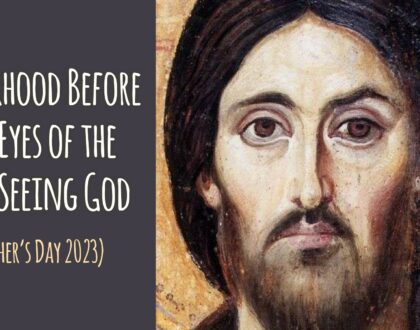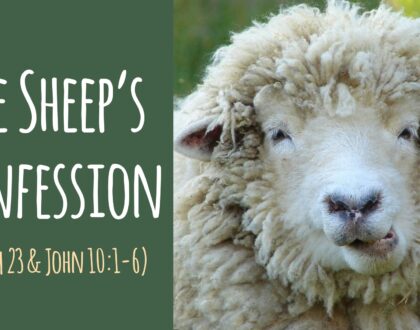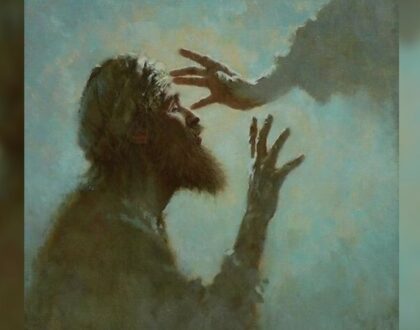Reflection Questions: “Night is coming, when no one can work” (John 9:1-5)

by Pastor Gene
John 9:1-5: As he passed by, he saw a man blind from birth. 2 And his disciples asked him, “Rabbi, who sinned, this man or his parents, that he was born blind?” 3 Jesus answered, “It was not that this man sinned, or his parents, but that the works of God might be displayed in him. 4 We must work the works of him who sent me while it is day; night is coming, when no one can work. 5 As long as I am in the world, I am the light of the world.”
- I mentioned this formerly-blind man’s ‘escalating Christology.’ His view of Jesus certainly changed as our chapter progresses! In 9:11, he refers to Him as “the man named Jesus.” In 9:17, he sees Him as “a prophet.” And in 9:35–36, he confesses Him as “the Son of Man” and worships Him. Think about your own Christian journey. How has your vision of Jesus changed from when you first believed? Can you think of specific events in your life that brought that ‘change of vision’ about?
- I made a big deal out of the fact that Jesus “saw” this man, because it IS a very big deal (see also “saw” in John 5:5–6). Jesus saw people that others rarely see. Can you think of times when you missed someone God wanted you to see? Why did you miss him? How does Jesus “see” you where no one else does?
- Matthew 9:36-38 is an amazing picture of our Lord’s heart. Where we often look and see whining, complaining, even obnoxious people, Jesus sees people in their need. Here, He not only “saw” them, He “had compassion for them. He “saw” that they were “harassed.” What does that mean? How are people “harassed” today? What does He mean by “helpless” in this context? He also saw them “like sheep without a shepherd.” How would that apply to the unbelievers you know? Does “sheep without a shepherd” mean more than ‘unsaved’?
- Immediately after the statement of 9:36 comes a direct word to His disciples (9:37-38). What does He tell them? And why does He say it in THIS context – how is 9:36 connected to 9:37-38? What do we, Jesus-followers, need to learn from these verses?
- I made the point that Bartimaeus’ coat was more than a coat – it was an emblem of his identity as a blind man, his handicap (see Mark 10:46-52). How has your identity – your ‘thinking about yourself’ – changed as you’ve grown in your walk with Jesus? Which ‘garments’ have you cast off in coming to know Him?
- Bartimaeus did not ‘scream out’ to Jesus for healing; he ‘screamed out’ to Him for mercy (Mark 10:47 & 48) Why ‘mercy’? What is ‘mercy’? Is ‘mercy’ merely ‘justice’? Or ‘compassion’? Why or why not? Why is His mercy new each morning (Lamentations 3:22-23)?
- What was the greatest moment in your life (beside the day of your salvation) that Jesus “stopped” or “stood still” for you? (Mark 10:49, NKJV) Take some time to give Him thanks for it!
Recommended Posts

Reflection Questions: Fatherhood Before the Eyes of the All-Seeing God (Father’s Day 2024)
June 16, 2024


